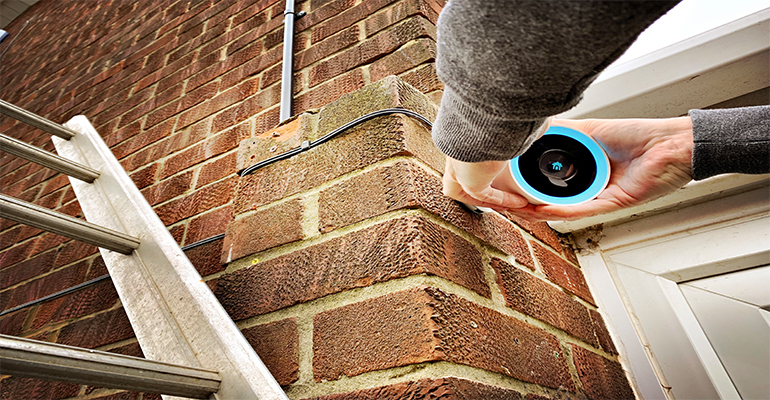- 7:00 to 5:00 (Mon-Sat)
- 433 McKinley Lane, Crossville, TN, USA
-
Mail Us On
[email protected]
-
Make a Call
+1-931-200-4488
- 7:00 to 5:00 (Mon-Sat)
- 433 McKinley Lane, Crossville, TN, USA
-
Mail Us On
[email protected]
-
Make a Call
+1-931-200-4488
- Contact Us Now

